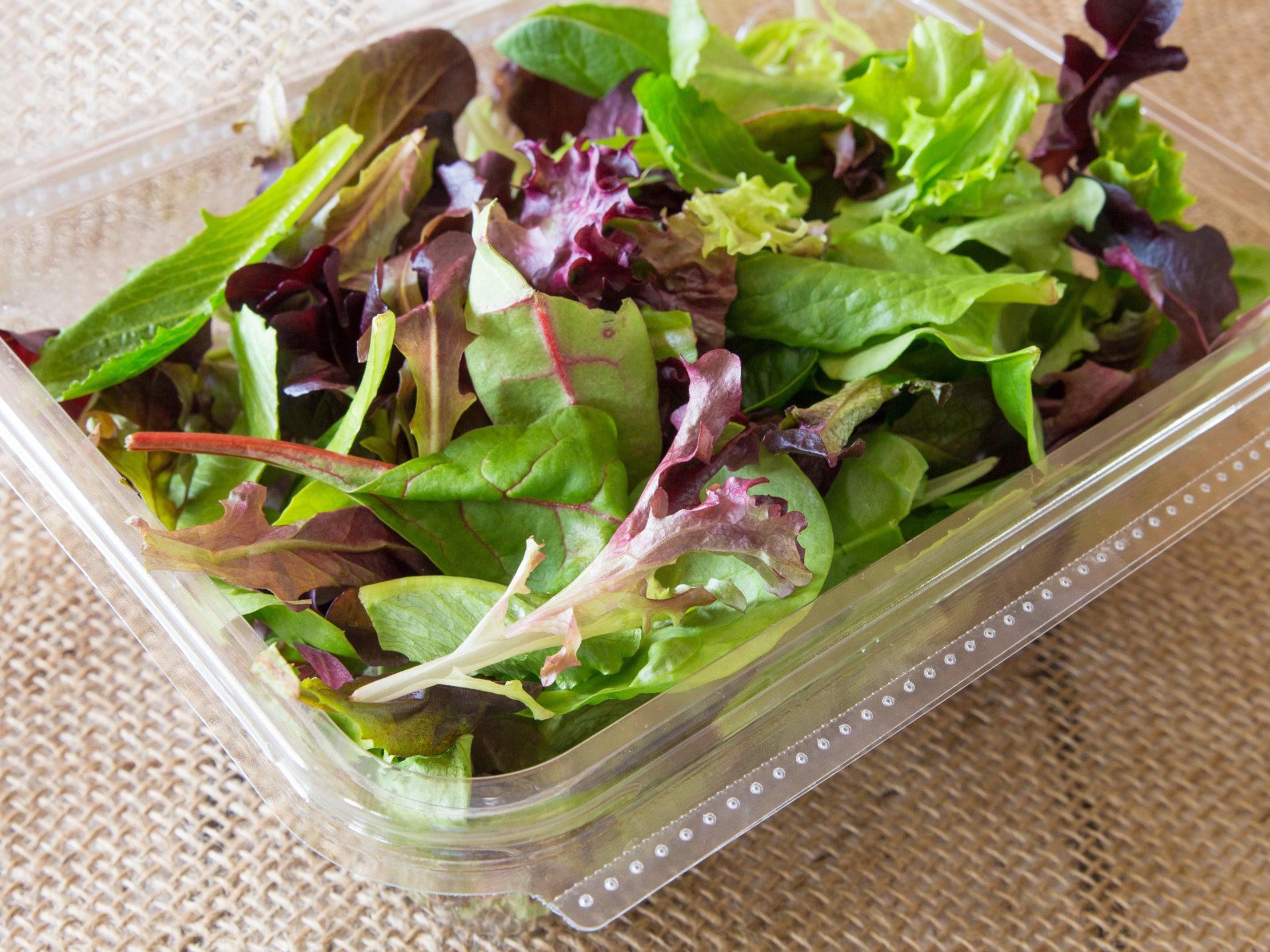E.coli deaths: Mixed salad leaves linked to outbreak after two die
People are advised to wash pre-packed salad leaves after more than 150 people are infected with the bug

Your support helps us to tell the story
From reproductive rights to climate change to Big Tech, The Independent is on the ground when the story is developing. Whether it's investigating the financials of Elon Musk's pro-Trump PAC or producing our latest documentary, 'The A Word', which shines a light on the American women fighting for reproductive rights, we know how important it is to parse out the facts from the messaging.
At such a critical moment in US history, we need reporters on the ground. Your donation allows us to keep sending journalists to speak to both sides of the story.
The Independent is trusted by Americans across the entire political spectrum. And unlike many other quality news outlets, we choose not to lock Americans out of our reporting and analysis with paywalls. We believe quality journalism should be available to everyone, paid for by those who can afford it.
Your support makes all the difference.Shoppers are being warned to thoroughly wash bags of mixed salad leaves amid fears they could contain E. coli after two people died of the bacterial infection.
Health watchdogs have said more than 150 people in the UK have been found to have been infected with the E. coli O157 bug—many of whom had eaten pre-packed salad containing rocket leaves.
Although the salad is thought to be the source, Public Health England (PHE) is still investigating the exact cause.
While they work on confirming the origin of the bug, the health body has advised some food distributors to stop adding rocket leaves to their salad. They are recommending shoppers wash pre-packaged mixed leaves thoroughly.
Of the 151 cases found, 144 were in England, six in Wales and one in Scotland. Most of the English infections were in the South-east .
Further to the two who died following the food poisoning, 62 were left in need of hospital treatment.
Dr Isobel Oliver from PHE, told the BBC: "All food sample results to date have been negative for E. coli O157 - but it's important to be aware that where food has been contaminated with E. coli O157, it is not always possible to identify the bacteria on food testing.
"As an additional precautionary measure, we have advised a small number of wholesalers to cease adding some imported rocket leaves to their mixed salad products pending further investigations."
The health body believe the strain of E. coli is likely to have been imported, perhaps from the Meditteranean.
Video credit: EFSA
E. coli can cause bloody diarrhoea as well as stomach ache. People can avoid getting the invection by washing hands thoroughly and keeping unwashed vegetables away from food that is ready to eat.
Join our commenting forum
Join thought-provoking conversations, follow other Independent readers and see their replies
Comments